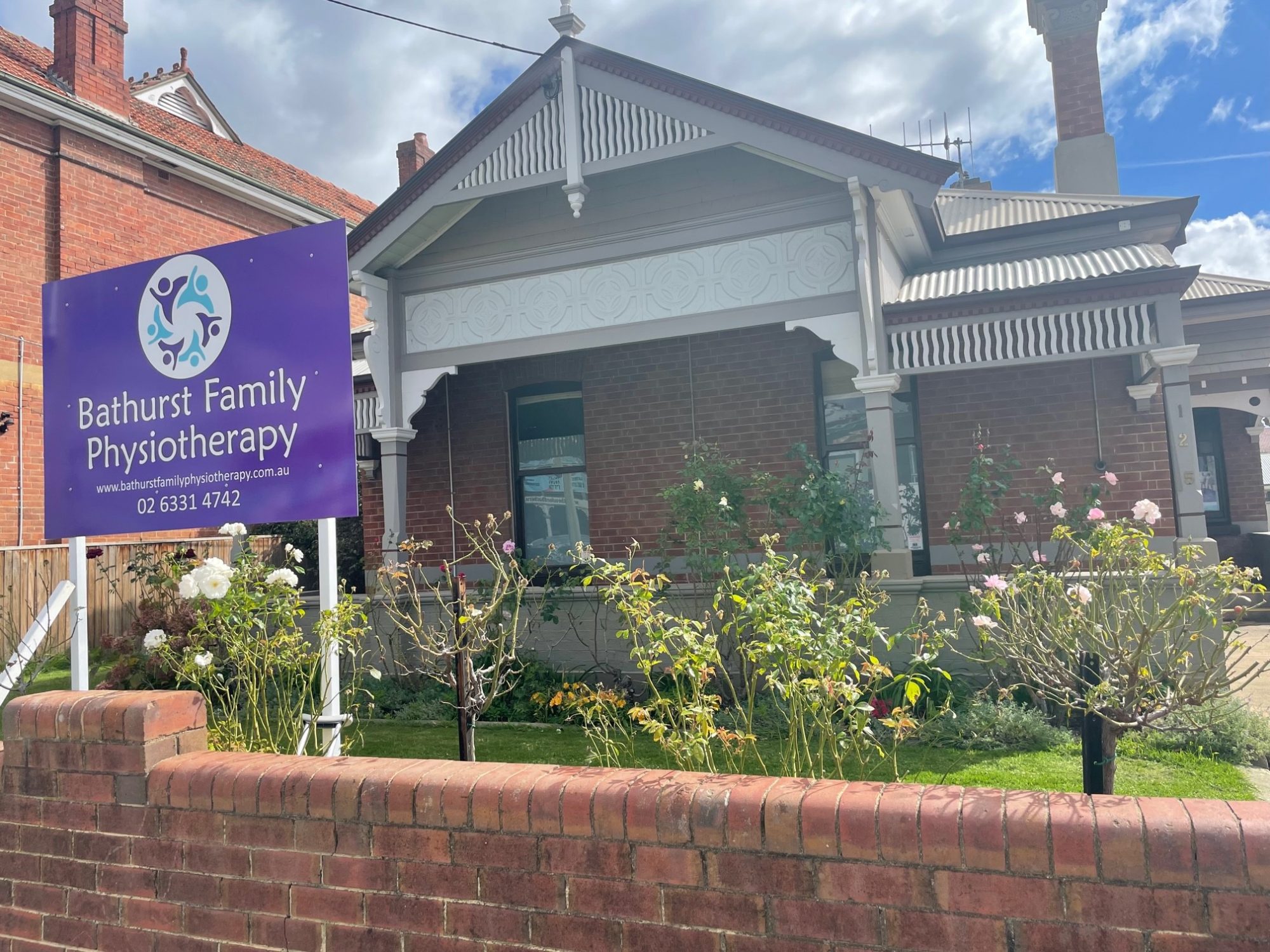Carlee Dreves, Physiotherapist, Bathurst Family Physiotherapy

Winter is upon us and as the temperature starts to drop here in the Central West it’s a great time for people living with a lung condition to review their management plan and to understand how the weather forecast particularly sudden changes and extreme weather conditions may affect their symptoms.
As the temperature drops the air tends to become cold and dry which can irritate the airways triggering a flare-up in symptoms such as wheezing, coughing and shortness of breath and make those living with a lung condition more vulnerable to illness in a time where there are more viruses and bugs in the community.
Whilst we can’t control the weather, below are some general tips to help reduce the impact the cold has on lung disease symptoms.
Know the signs of a flare-up:
Being aware of the sings of a flare-up can help you get on top of your symptoms early and prevent any further damage to your lungs.
The signs of a flare up include
- Finding it more difficult than normal to breathe
- Coughing more than normal for you
- Coughing up blood, or more mucus than usual for you, including any colour or thickness changes
- Feeling more fatigued than normal
- Increased temperature
Minimise the risk of catching colds, the flu and COVID:
Colds and flu along with COVID spread very easily and according to health experts this winter could be particularly bad with the flu.
It is best to avoid visiting friends and family if they have a cold of flu and let them know to stay away if they are sick.
Get your annual influenza vaccination and talk to your doctor about whether you should get a pneumonia vaccination.
Stay Warm:
Whilst it may sound obvious, keep your home warm, ensuring that your heater is safe especially if you are using home oxygen.
Avoid wood fire burners as the smoke can trigger a flare-up.
Check the weather before going out, try to avoid going outside on very cold and breezy days, stay indoors and keep warm.
If your symptoms are triggered in cold weather some people find it beneficial to use a reliever inhaler in the hour before going out.
Keep active:
Try to keep as active as possible, as exercise has been shown to help prevent and manage exacerbations. It might be too cold outside to get out for a walk, and there are plenty of exercises that can be done indoors at home.
If you need help during a flare-up or are in need of some personal advice and management don’t hesitate to contact our physiotherapy clinic on 02 6331 4742
